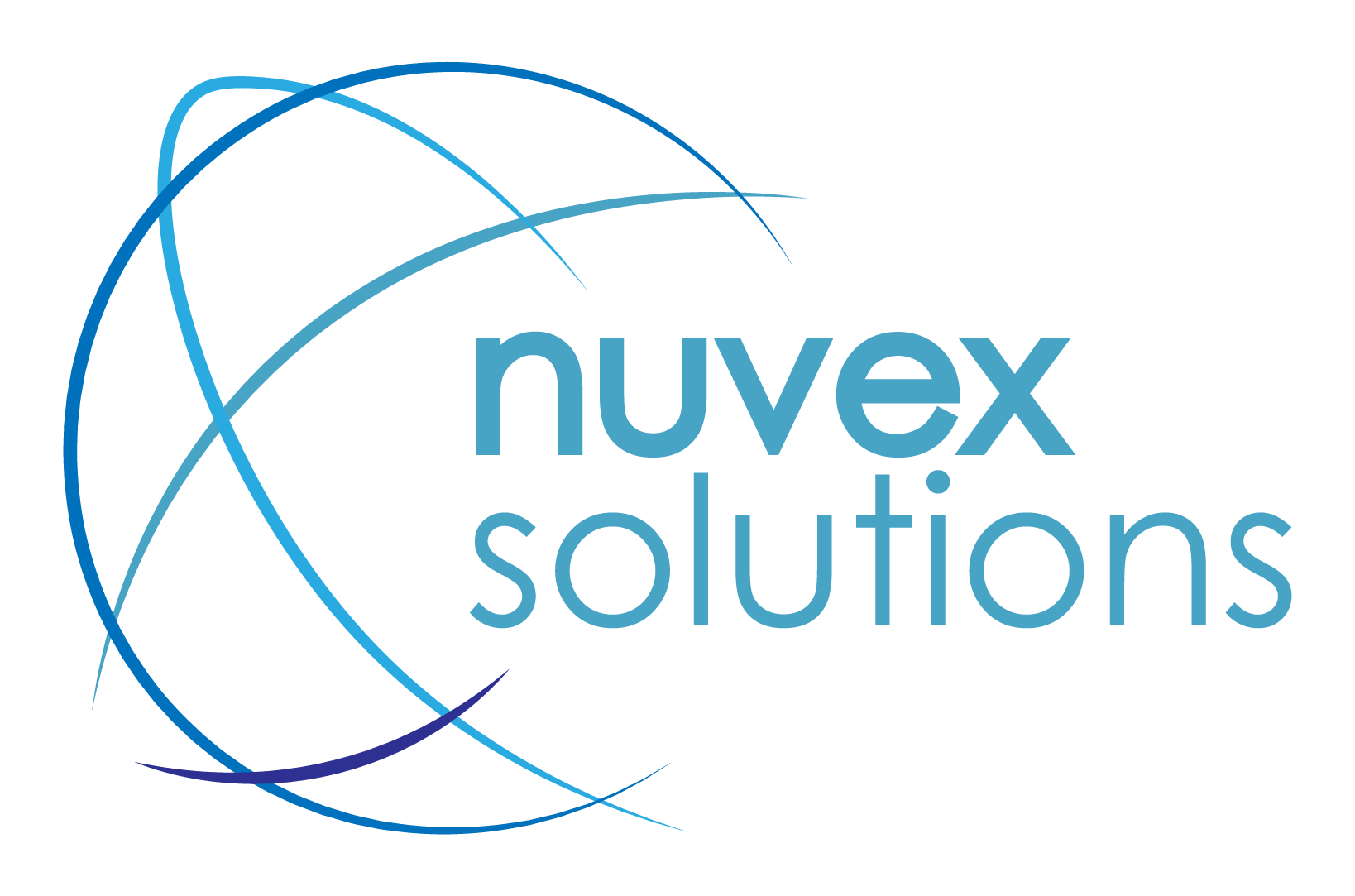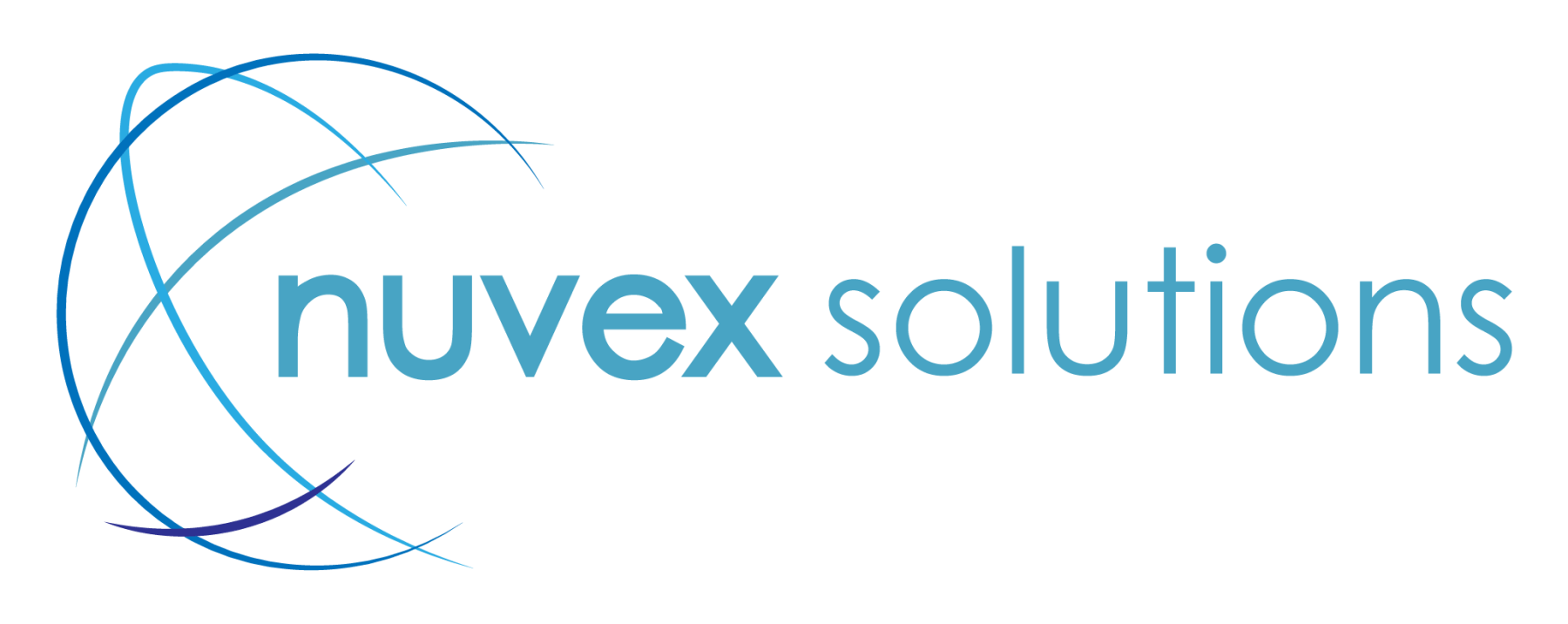Keeping free from a computer virus isn’t just good for protecting your business’s information! Staying vigilant against malware also improves the credibility of your brand and could even increase the longevity of your hardware.
You might be thinking: I don’t even know how I get viruses on my computer! Being able to spot the red flags can be difficult, but in this blog post, we share the four most common reasons for developing a computer virus.

Beware of Suspicious Emails and Attachments
Email is a big part of our life, and unfortunately that means that some people take advantage of that. Phishing emails that look like they’re from a legitimate company are becoming more and more commonplace. The good news is that spotting a scam can be relatively easy.
Phishing emails like to pose as established websites such as Paypal, Netflix, the Canadian government, and more, to trick you into sharing your personal information. If you’ve received an email that you’re unsure of, check the email that it was sent from. A legitimate email might look like service@paypal.com. On the other hand, a suspicious email might look like service@paypal2.br.com.
If you are uncertain about an email you’ve received, it’s important that you do not click any of the links or attachments in the email. Ignore offers that seem too good to be true and don’t be alarmed if they threaten to shut down your account or take legal action. This is a common tactic! If you want to verify the contents of an email, you can get in touch with customer service, but do so only by using the information on their website or through a Google search, not by the info in the email.
Don’t Get a Computer Virus through Malicious or Unverified Websites
One of the most common ways to get a computer virus is through malicious or unverified websites. This can be because a site is unsecured, making it vulnerable to hackers. You could also be redirected to a malicious website through another shady application, web page, or ad.
If possible, make sure that the site is secure before browsing too much. You can quickly check this by making sure that the URL starts with https:// instead of http://. HTTP indicates an unsecured website whereas HTTPS is secured. If your URL bar does not show the HTTP status, click on the link and press the Home key on your keyboard to make it appear.
Be especially careful if you are looking to download an application, video, or file. Some sketchy websites intentionally mislead users into downloading useless programs (bloatware) or malware instead of the actual file they were looking for. In other cases, the website may show a pop-up designed to look like your browser asking for permission to run or download an application.
When in doubt, the best thing to do is to avoid websites that seem untrustworthy. It can be tempting to look for freebies over the internet, but this can come at extreme cost to your computer!
Protect Yourself from a Computer Virus by Keeping Software Up to Date
There’s a reason software, operating systems, applications, and more are constantly updating! Each update by a developer is often designed to not only improve the software’s performance, but also its security.
Security holes in a program can be exploited by attackers, so it’s important to make sure that all your applications are up to date. Additionally, always make sure that you have the latest version of your antivirus installed for maximum protection.
Don’t Use Unknown USB Devices or CDs
Unless you know where the USB device or CD has come from, do not insert it into your computer. Devices containing malware used to be much more common in the early days of IT. While most cyber criminals have opted for more digital methods, malware from physical devices are still a very real threat.
How Do You Prevent Viruses?
Prevention is better than cure. By understanding the different types of threats, you can prevent them by learning how to spot them! Remember that it is always better to be safe than sorry, especially when your business hardware contains so much important and sensitive information.
Know the signs of a potential infection. While you should have an antivirus installed to detect malware, there can be times when it goes undetected. Is your computer running slowly? Strange programs you don’t remember initiating at start-up? While these might not be sure signs of an infection, you may want to have an expert diagnose your computer.
At Nuvex Solutions, we can help protect your data and computers from cyberattacks. We offer a great antivirus software that will provide you with a high level of security and protect you from viruses. More than that, we can also provide software that can filter your internet, allowing you to control which websites are accessible on your devices. That means you can automatically block sketchy websites and defend yourself!
Looking for something a little more? Our managed IT service packages come at an affordable monthly price and includes cybersecurity protection, 24-7 monitoring, and more! At Nuvex Solutions, we believe in taking a holistic approach to IT and we keep an eye on your systems so we catch potential issues before they become problems. If you have questions about antivirus, cybersecurity, or more, we’re here to help! Contact us today and let us know what we can do for you!


